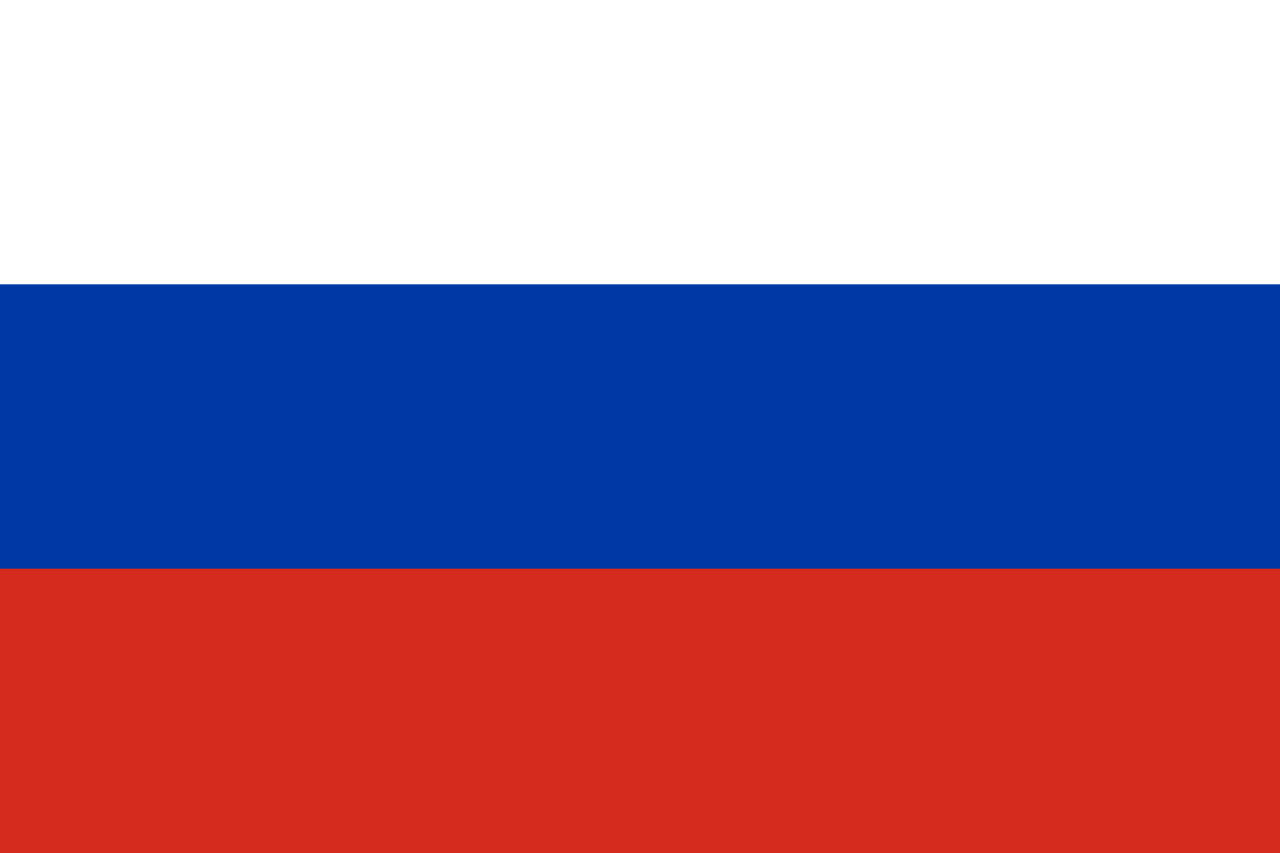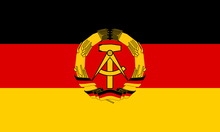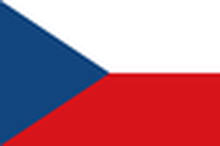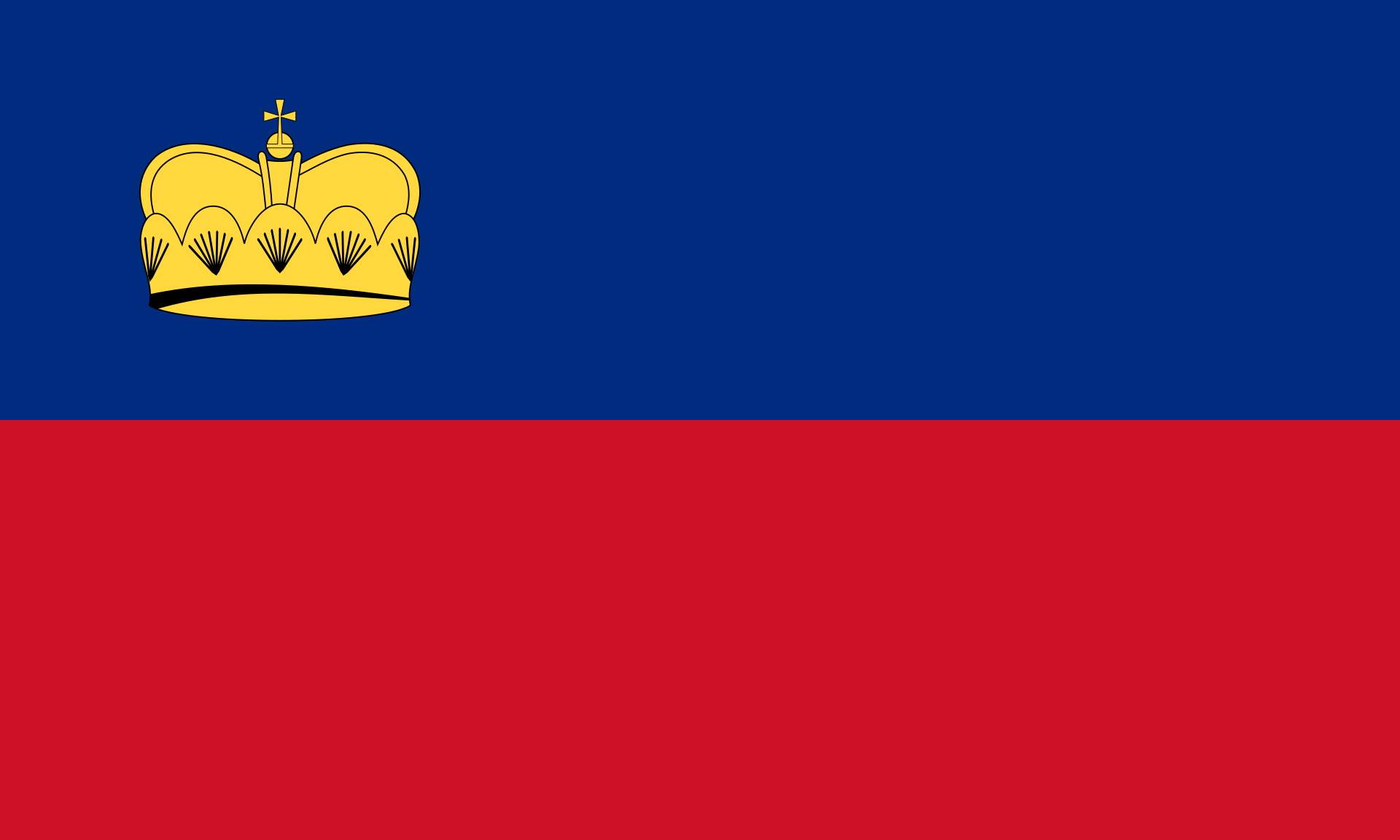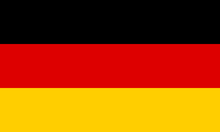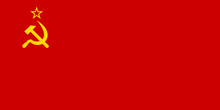
12. Olympic Winter Games
Olympic Medals in the games of 1976 in Innsbruck
111 Medals in 10 Sports in 37 Events
The 12th Winter Olympics took place from February 4th to 15th. Denver had prevailed when applying for the 1976 Winter Games. Instead of asking the population before applying, on November 7th. 1972 a referendum. In the state of Colorado, the majority was against using taxpayers' money to host the Winter Games. The games were returned to the IOC and re-advertised. Innsbruck prevailed against Lake Placid, Chamonix and Tampere. Apart from the interludes in Athens in 1906, the Olympic Games have never been awarded to the same city in such close succession. Two Olympic fires were lit at the opening ceremony, the old one from 1964 and the new one from 1976.
From the 1964 games, many sports facilities were still in good condition, but those structures that no longer met the new requirements had to be rebuilt or expanded. A new Olympic village was built, which later became a social residential area including school, multi-purpose hall and indoor swimming pool. The artificial ice rink in Igls was also a new building.
As in 1964, there were problems with a warm weather in the run-up to the games, and snow had hardly fallen. For this reason, the Armed Forces again transported snow from higher altitudes to Innsbruck. But this time it started to snow heavily before the games and Innsbruck and the surrounding area were able to present themselves to the world public with magnificent winter pictures.
This time, too, there were innovations: when the medals were awarded in the Olympic Hall, the most important scenes of the respective competition were shown with a large-screen projector. For the first time, viewers were able to experience the feeling of ski jumping for themselves: a small camera was mounted on ski jumps.
On February 5th at noon there were very few people on the streets in Austria. Almost everyone had gathered in front of the television sets. All students in Vienna, including the owner of this website, had free time from 11 a.m., there were similar regulations in the federal states. The Austrian population expected their hero Franz Klammer to win the gold medal in the Alpine Downhill. The psychological pressure on braces was enormous, but he still managed to get to the finish in the yellow down suit at Patscherkofel in his yellow down suit 0.33 seconds ahead of the Swiss Bernhard Russi and to get the required gold medal.
A big surprise at the three alpine competitions was the German Rosi Mittermaier, who won two gold medals and one silver medal. The fourth Olympic victory in a row was less surprising for the USSR team in ice hockey. The GDR won all five sledding and bobsleigh competitions. The medal table in Innsbruck is the sovereign leader of the Soviet Union before the GDR, followed by the United States in third place.
Again there was a new record number of participants for winter games: 1261 athletes, including 1013 men and 248 women from a total of 37 countries. New countries were Andorra, San Marino and Taiwan. There was also a record with over 730,000 spectators.
